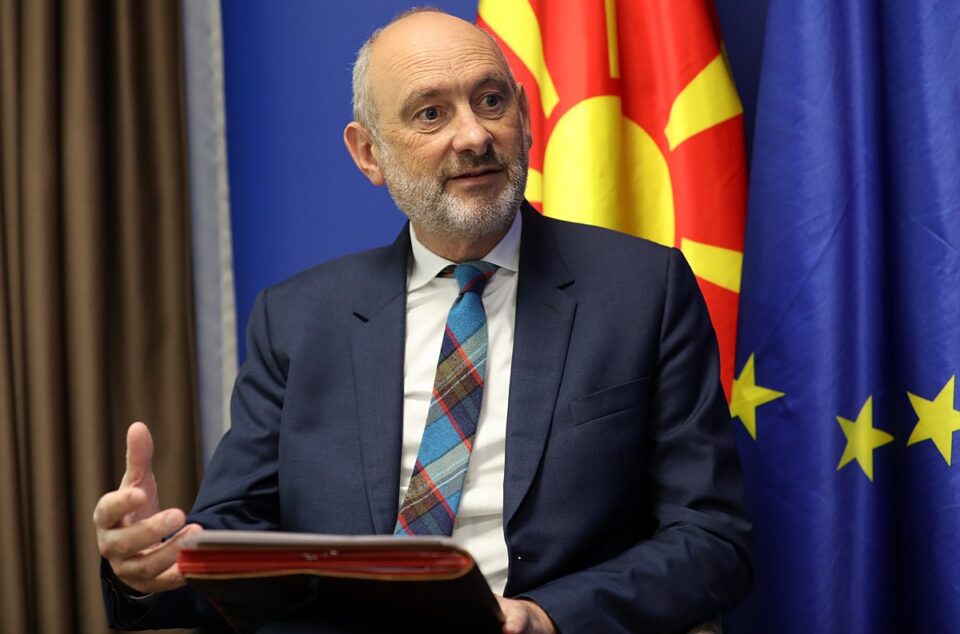State institutions must work together to reduce the extent of corruption, to introduce laws and rules of conduct and sanctions for corrupt behavior, but they should also implement and execute these measures. The fight against corruption also implies building a negative environment for all corrupt habits by strengthening key integrity systems, public procurement and public finance management, as well as building state audit institutions and anti-corruption bodies and partnerships with civil society, companies and free and independent media, said EU Ambassador David Geer at the opening of the Regional Conference on Combating Corruption, which is being held today in Skopje within the framework of cooperation with the Regional Anti-Corruption Initiative and the United Nations Office on Drugs and Crime.
According to Geer, nice words are not enough in the fight against corruption, while citizens expect results, stressing that today’s conference puts corruption in a wider regional context and says that it is a common challenge that can best be solved through cooperation and exchange of good practices.
The EU, together with the member states, the UN and other international partners will support our partners from the Western Balkans in their efforts to improve democracy, and public trust in institutions and to create an equal playing field for competition, competitiveness and equal opportunities for all, said Geer.
The fight against corruption and the promotion of the rule of law is difficult, Geer underlined, because it involves the removal of elites and vested interests that operate at the level of crime and corruption but also relies on changing the habits of people, civil society and the media.
All research points to the destructive effect of corruption on educational and work opportunities, and these are the key factors that drive young people away from the country, said Geer.





Comments are closed for this post.